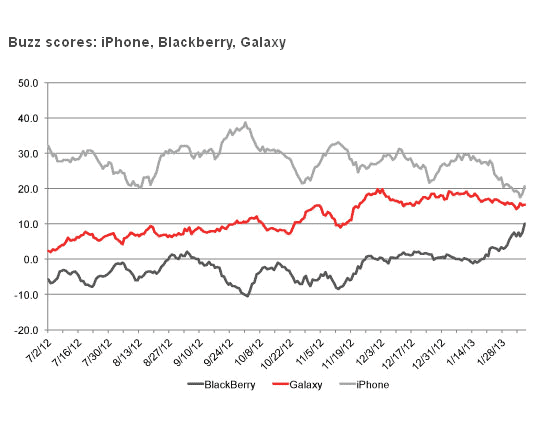BlackBerry PlayBook is the most secure BYOD tablet, says independent study
The “Bring Your Own Device” movement is, for all the hand-wringing from network admins, here to stay. A study by Government Computer News said a whopping 81% of people use a personal electronic device for work-related functions. 66% of those polled, however, say their organization has not yet implemented a BYOD strategy.
If you are using your tablet at work, you are probably using an iPad. After all, one in nine Americans now own one. But is that a good idea? A new report from security consultancy Context Information Security says no.
In May of this year, the London-based firm conducted a research project studying three of the most popular tablet computers: the iPad 2, the BlackBerry PlayBook and the Samsung Galaxy Tab. Context said it wanted to include a Windows 8 tablet, but the release date was then unknown.
The study, called “Tablets in the Enterprise: A Hard Pill to Swallow” found the BlackBerry PlayBook was the clear security winner.
“The PlayBook was the only device with a workable solution to the Bring Your Own Device dilemma, in the shape of an architecture that provides very good separation between personal and work data.” said the report, which placed Apple’s iPad second. “Over most versions of IOS, including IOS 6.0,” noted the authors: “…hackers have discovered security vulnerabilities in most stages of the iPhone/iPad software stack.”
The report said Samsung’s Galaxy Tab suffered from “serious security failings” that made it difficult to recommend as a tool for the enterprise.
When it was released in April of last year the BlackBerry PlayBook, like every other tablet, was roadkill in the race against the iPad.
Early reviews critiqued the device’s size and lack of native email and calendar applications. The late Steve Jobs, in what many perceived as sideways swipe against RIM, said seven-inch tablets were “Dead on Arrival”. The iPad, of course, went on to define the tablet category, and the Cupertino tech had sold more than 67 million of them by March of this year.
But the iPad didn’t kill the PlayBook, as many observers expected. RIM slashed the price ahead of the Christmas season and the devices sales steadily improved. Earlier this year, Toronto-based Solutions Research Group said smaller cheaper tablets, at least in Canada, are taking a bite out of the iPad’s market share, slipping from a market dominating 80% of all sales to just 56% in one year. SRG noted the Playbook increased its share to 19%. Apple, meanwhile, will release their own seven inch tablet, the iPad mini, later this month.
Last July, the PlayBook became the first tablet to receive FIPS 140-2 certification, meaning it was certified for deployment within U.S. federal government agencies.
Nick Waddell
Founder of Cantech Letter
Cantech Letter founder and editor Nick Waddell has lived in five Canadian provinces and is proud of his country's often overlooked contributions to the world of science and technology. Waddell takes a regular shift on the Canadian media circuit, making appearances on CTV, CBC and BNN, and contributing to publications such as Canadian Business and Business Insider.


